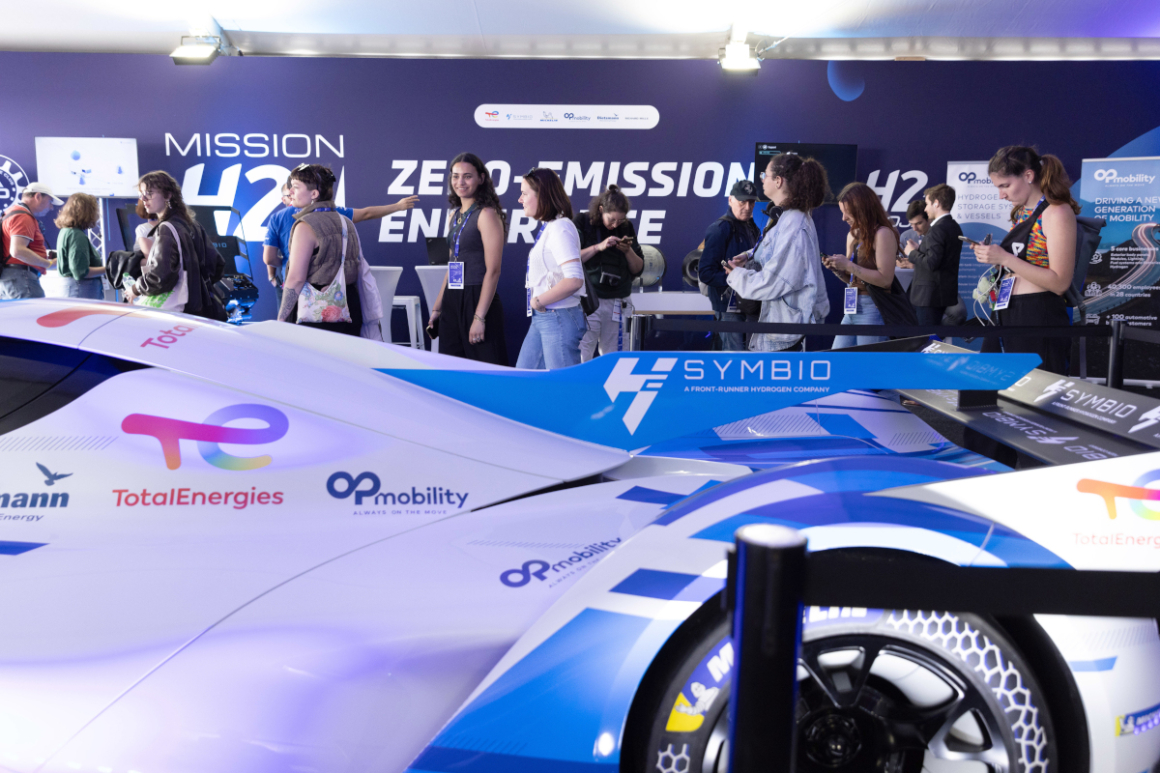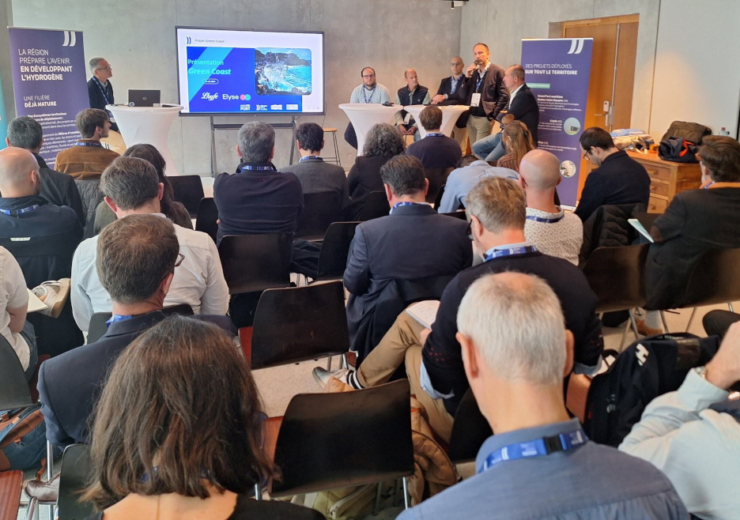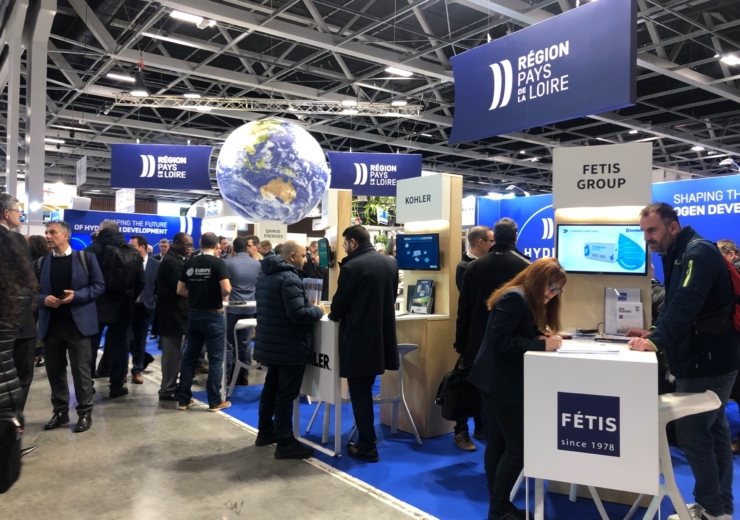The 92nd edition of the 24 Hours of Le Mans, held in June, gave pride of place to hydrogen. The famous motor race, which plans to open a special category for hydrogen cars in 2028, serves as both a showcase and a laboratory for H2 mobility.
At the heart of the last 24 Hours of Le Mans, a 2,500 m² hydrogen village was set up, where spectators were able to see several prototype racing cars: the H24EVO, the third MissionH24 model, the Alpine Alpengow Hy4, the Ligier JS2 RH2, and the GCK Foenix H2.
Other notable participants included Toyota with several vehicles and applications; TotalEnergies with its mobile H2 station; the Ariane Group with a rocket engine; and the start-up company Systemics Energy with its hydrogen-powered tuk-tuk, which set a new record by driving 708 km in 24 hours on just 2 litres of hydrogen.
The Automobile Club de l’Ouest, the race’s organiser, announced during the event that it is now planning to open a category reserved for H2 vehicles in 2028, with a technological preference for liquid hydrogen.
A test bed for tomorrow’s technology
A motor racing event such as the 24 Hours of Le Mans is characterised by extreme conditions that place high demands on vehicles and their engines. Testing H2 cars in this context is therefore crucial to ensure the reliability of the innovations that will be used by the general public in the future.
Hydrogen-powered prototypes have already been tested on the race track, and the creation of a special category in 2028 will allow the main technological challenges to be identified and studied in greater depth.
In Atlantic France, other competitions are helping to promote research into hydrogen propulsion and energy efficiency. For instance the Ecogreen Energy Challenge, held in May at the Fay-de-Bretagne circuit (44), and the Shell Eco Marathon 2024, where students from the Lycée de la Joliverie in Nantes and Polytech Nantes set two new world records for energy efficiency with innovative vehicles.
Competing powertrain solutions
- Fuel Cell Electric Hydrogen Vehicles (FCEVs) use an electric motor powered by a hydrogen fuel cell. These zero-emission vehicles offer optimal performance due to smaller engines, better aerodynamics, and the absence of mechanical friction. However, they require the use of 99% pure hydrogen to limit wear and tear on parts.
- Hydrogen Internal Combustion Engine Vehicles (HICEVs) use hydrogen as a sustainable fuel in a modified internal combustion engine. These vehicles are easier to retrofit from existing ones and the engines are more resistant to heavy use, but they have the disadvantage of producing nitrogen oxide (NOx) emissions.
There are several options for storing hydrogen, ranging from gaseous hydrogen, which is compressed, to liquid or cryogenic hydrogen, which is kept at very low temperatures. Special tanks need to be developed to avoid any risk of leakage.
The development of hydrogen technologies as a result of the Le Mans 24 Hours has a knock-on effect on mobility in general. The Atlantic France region is a pioneer in this field, with initiatives such as:
- The use of H2 taxis by the start-up company Hype, heavy vehicles (lorries, buses, refuse collection vehicles), off-road vehicles, as well as the opening of several refuelling stations;
- A rich network of players capable of developing on-board mobility solutions, including researchers (GIS Perle, Cetim), subcontractors, integrators, etc.


 Français
Français 


